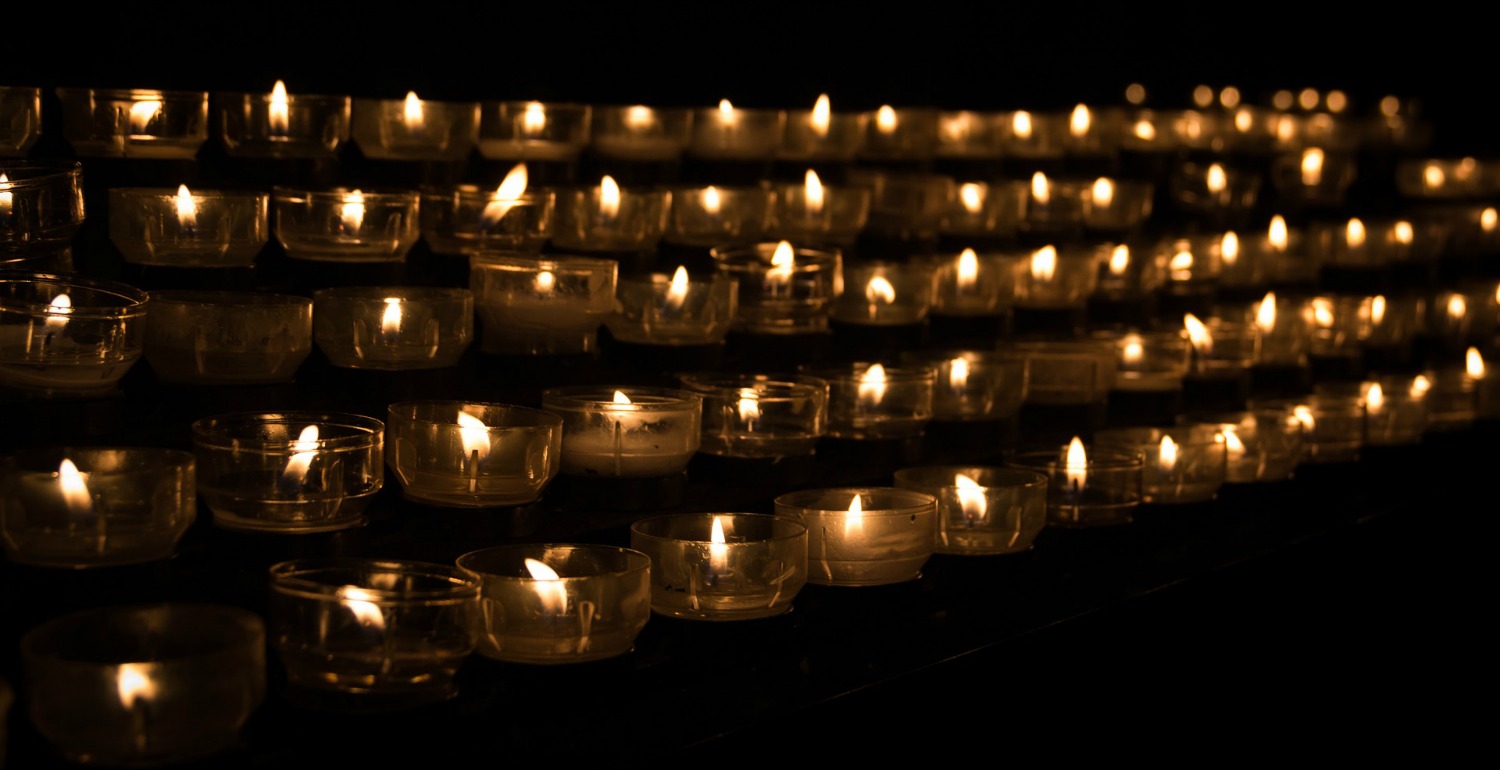The purpose of this hearing, which the Hon. Christopher H. Smith chaired, was to discuss the reality of disturbing undercurrents of subtle, but growing, discrimination and harassment of minority religious believers, as opposed to discussing the widespread documentation of torture and persecution of practitioners of minority faiths.
In a number of European countries, government authorities had seemed to work on restricting the freedoms of conscience and speech in much of their governments’ actions. For example, in Russia, on September 26, 1997, President Boris Yeltsin signed the law called “On Freedom of Conscience and on Religious Associations,” which blatantly violated agreements of the OSCE which the former U.S.S.R. helped to initiate. Through use of witnesses, then, attendees of this hearing, namely commissioners, gained a deeper understanding of the religious liberty violations within OSCE member countries and insight into how to best influence governments to adhere more closely to internationally accepted human rights standards.








